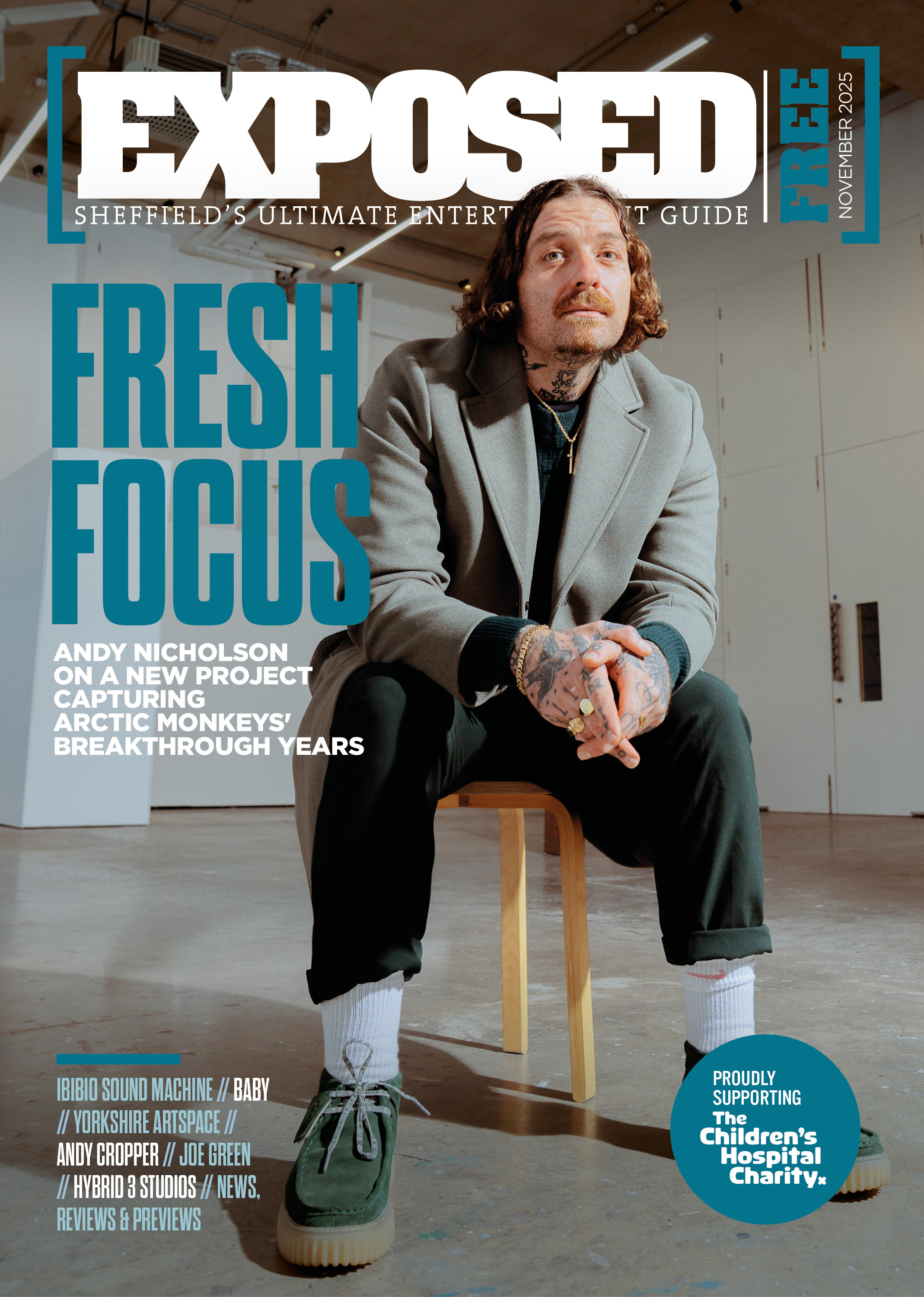Performance rights are a hot topic. As digital globalisation and AI evolve, the way that musicians are paid when their music is performed or broadcasted is changing.
As of 2024, the UK extended its copyright protection to musicians from other countries, granting access to UK royalties. In June 2025, the UK government passed the Data (Use and Access) Bill, essentially allowing tech firms to train AI with copyrighted material, like songs. If it feels hard to keep up, you’re not alone. Here’s what to understand about performance rights in the digital era.
The Impact of Digital Platforms on Performance Rights
Who hasn’t streamed music using apps like Spotify? Everyone knows the agreement: listeners stream, and artists get paid. These apps have shifted financial compensation away from the old school money-makers, like albums and vinyl. Instead, it has become about tracking digital usage.
Handling music royalties through digital platforms sounds straightforward. However, there have been controversies. The United Musicians and Allied Workers (UMAW) recently launched the Justice at Spotify campaign to seek fairer payments for artists, particularly after the pandemic limited income from live performances.
Navigating Copyright and Licensing in the Digital Era
The world might be moving at a million miles an hour, but you should secure the basics. Learn the essentials of copyrighting and licensing in the UK. It sounds morbid, but musical work is protected for 70 years after the year of your death. In theory, this renders your music untouchable in your lifetime – if there is documentation, either as written lyrics or a recording.
Where possible, register songs with PRS for Music. This keeps tabs on your royalties while protecting your copyright. It is smart to seek professional help, as tracking everything independently is otherwise overwhelming. Legal advice never hurts, either.
Emerging Legal Developments and AI Challenges
Speaking of legalities, it’s worth keeping an eye on the headlines. In February 2025, a group of artists released a silent album to protest against unapproved artificial usage of their work. Artists from around the world, including the UK, are up in arms about AI concerns.
The development of generative AI has opened a flood of new questions. What copyright would it hold? Could it be trusted to not plagiarise other works, since it predominantly scrapes ideas from other content? How can artists protect themselves from their work being scraped by AI? It’s an uncomfortable topic, and these debates will likely continue in months and years to come.
Navigating performance rights has always had its challenges. Yet, with plenty of technological advancements to come, it’s smart to buckle in for a rocky ride. Get ahead of the curve by understanding shifting rights in the digital era, and seek professional assistance sooner rather than later.






